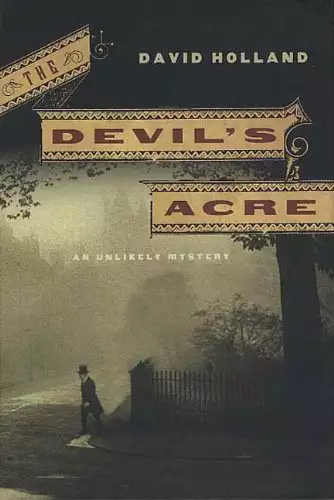CHAPTER I
We hope you are enjoying the book so far. To continue reading...
The Devil's Acre
David Holland
Copyright © 2026 All Rights Reserved
Close
